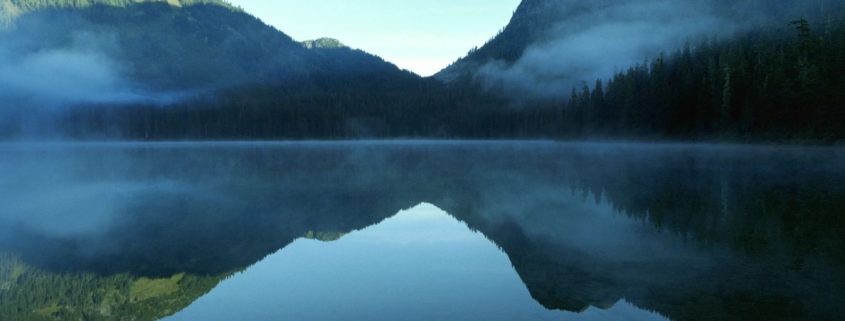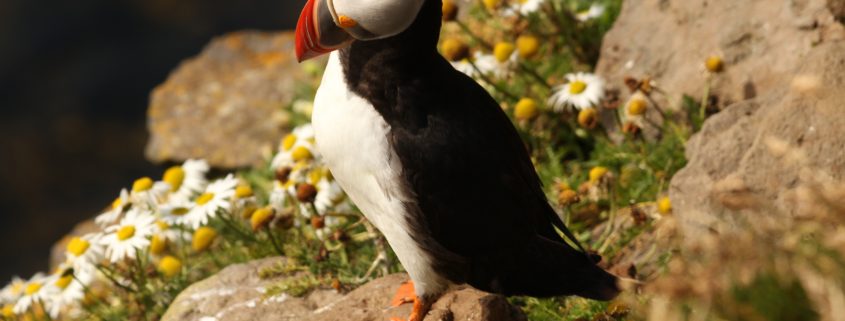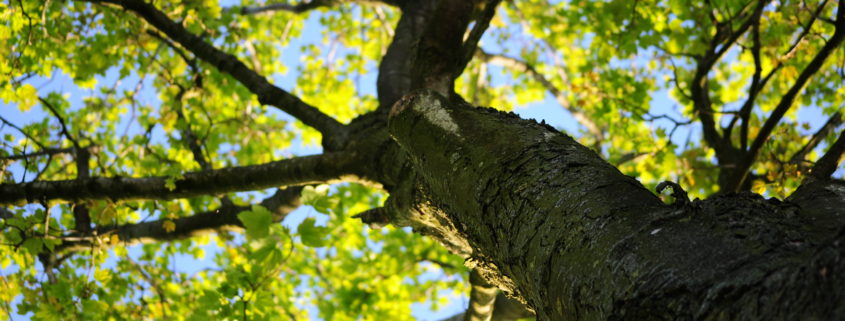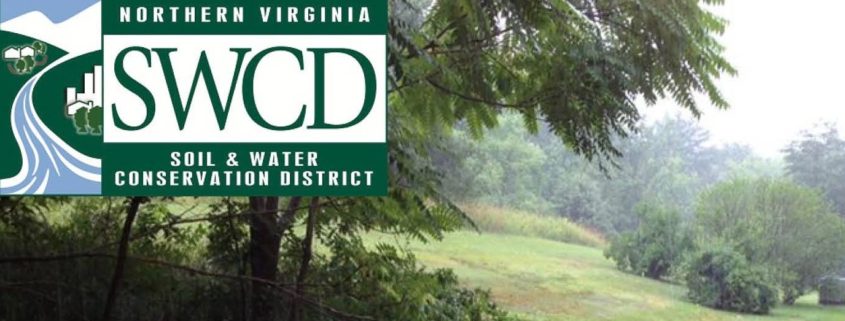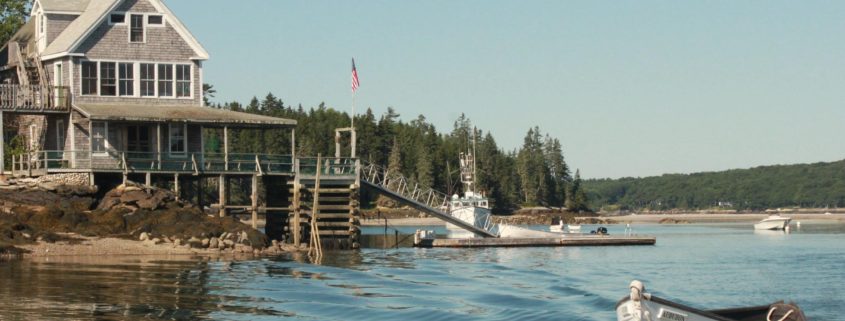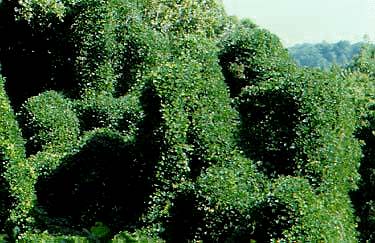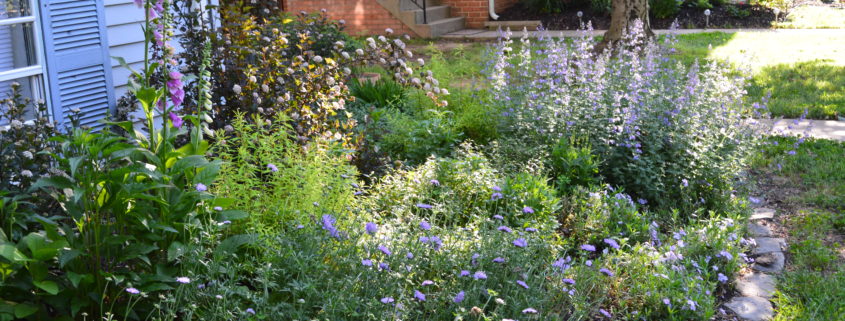From the Ground Up: Managing and Preserving our Terrestrial Ecosystems is a new 7-week online course from the SDG Academy about sustainable use of our terrestrial ecosystems.You will learn about the impacts of deforestation, climate change, and more, with a particular focus on the human activities that affect these ecosystems. In studying the interplay of local communities dependent on these natural resources, you will emerge with a deep understanding of how to ensure the long-term health of our global ecosystems.
The course launches November 27th, 2017. Register here. While there are only 7 weeks of course content, the course will remain open until January 29th, 2018. Students can enroll anytime! After January 29th, 2018, the course content will no longer be available.
Course materials each week include pre-recorded lectures, readings, discussion questions, and quizzes. In addition, live webinars are offered throughout the course so that you can ask questions directly to instructors. Each Monday, course materials are made available and remain available for the duration of the course. All course components can be completed at a time that is convenient for students; quizzes can be completed anytime before the course ends.
Time commitment: Approx. 2-4 hours per week
Cost: Free
Requirements: An internet connection. Certificates: Students who successfully complete the course will receive a digital certificate of completion. In order to successfully complete the course, students must score an average of 70% or higher on the quizzes, all of which are multiple choice. Students who score 85% or higher will receive certificates of completion with distinction.


